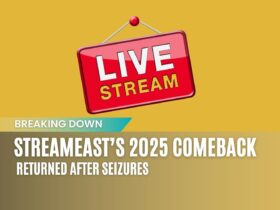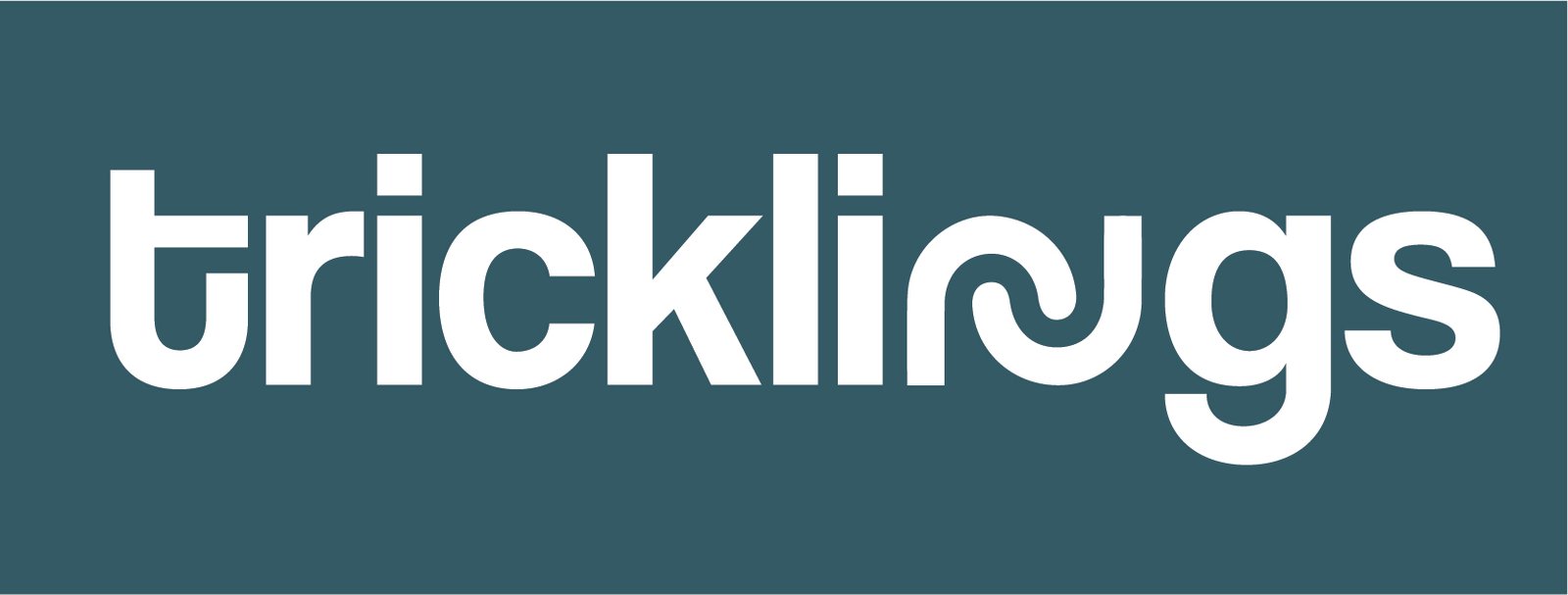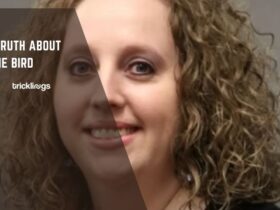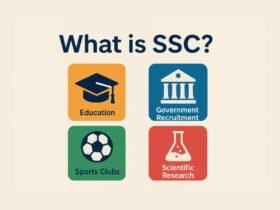Comprehensive Addiction Treatment Programs for Recovery Success

Recovery is a journey that can feel heavy, but it is also a path filled with hope. Many people who face addiction wonder if freedom is possible, and they ask if life can be steady again. The answer is yes.
With the right plan, the right guidance, and steady support, recovery can happen. Comprehensive treatment programs are built to help people not only stop using drugs or alcohol but also fully rebuild their lives.
These programs look at the mind, body, and spirit as one. By caring for every part of life, they create a stronger path forward. If you or someone you love is ready for change, now is the time to learn how this type of care can make recovery real and lasting.
What Comprehensive Addiction Treatment Means
When people think of treatment, they may picture short rehab stays or a single kind of therapy. Comprehensive treatment is different. It does not just look at one symptom.
It looks at the whole person. Addiction harms the body, clouds the mind, shakes emotions, and damages relationships. Care that covers all of these parts is the most effective.
This type of care may include medical assistance for withdrawal, therapy for mental health, and support for daily living. It integrates all these areas into a unified plan. By doing so, it gives people a better chance to heal and stay strong in recovery.
Therapy as the Core of Recovery
Therapy is at the core of most recovery programs. It provides individuals with a safe space to share their struggles and explore the reasons behind their addiction. Individual sessions help a person work through private pain, while group therapy fosters trust and connection among others who are also healing.
Therapy also teaches coping tools. Many people turned to substances to deal with stress, loss, or trauma. Therapy helps them learn new ways to face those struggles without falling back into harmful patterns. Over time, it becomes apparent that recovery is not only about stopping substance use, but also about cultivating a new way of living.
Healing the Body with Medical Care
Addiction does not only affect the mind but also takes a deep toll on the body. It can weaken the immune system, strain the heart, and disturb sleep. Comprehensive programs give medical support to ease the process of detox and to make sure health problems are managed. Doctors and nurses watch over this stage to keep it as safe and as comfortable as possible.
Once detox is completed, healing continues with nutritious food, regular exercise, and healthier habits. As the body grows stronger, the mind becomes clearer, sleep gets better, and energy returns. Building physical strength is not only about health; it also instills confidence in individuals to keep progressing.
Building Daily Routines for Recovery
Addiction often breaks apart the structure of daily life. Days may have revolved around cravings, late nights, and unhealthy choices. Comprehensive treatment programs teach the power of daily routines. Structure helps prevent relapse and brings stability.
Simple habits such as consistent sleep, balanced meals, and scheduled activities make a significant difference. Over time, these habits become second nature. They shape a life that feels safe and calm. When individuals learn to structure their days around healthy choices, they establish a foundation that supports recovery during both easy and challenging times.
Caring for Emotions and Inner Peace
Addiction often leaves behind deep emotional wounds. Many individuals in recovery experience feelings of guilt, shame, or fear. Without support, these feelings can lead them back into old patterns. That is why emotional care is such a key part of treatment.
Through therapy and group interactions, individuals learn to forgive themselves and have faith in change. They also build trust with loved ones and find new confidence in their worth. Healing on this level takes time, but it helps recovery last. When emotions are cared for, the whole process becomes stronger.
The Power of Support Networks
No one recovers alone. Support from family, friends, and peers makes a huge difference. Many programs incorporate family therapy to mend damaged relationships and educate loved ones on how to provide support without enabling. Group sessions also foster friendships and connections that alleviate feelings of isolation.
Even after treatment ends, ongoing support is vital. Peer groups, counseling, and aftercare programs give people a place to turn when life feels tough. These networks promote progress and serve as reminders of how far individuals have come. Addiction Resource Center LLC. builds programs that show how important this kind of support can be in making recovery last.
Blending Different Methods of Care
Comprehensive programs often blend evidence-based methods with holistic practices. Therapy models like cognitive behavioral therapy work alongside mindfulness, yoga, or art therapy. The objective is to nurture both the scientific understanding of the mind and the individual’s spirit.
Holistic care helps reduce stress, build focus, and give new ways of expressing emotions. By blending these approaches, programs create a wide toolkit. This helps each person find what works best for them since no two paths to recovery are the same.
Aftercare and the Long-Term Path
Recovery does not end when treatment is over. Real life brings its own tests, and that is when aftercare matters most. Aftercare may include continued therapy, wellness planning, relapse prevention, or regular check-ins.
This phase focuses on practicing what was learned during treatment and maintaining steadiness in daily life. It gives people time to test their new skills, keep up routines, and rely on their networks of support. Long-term care demonstrates that recovery is not about perfection, but about progress-one steady step at a time.
Building Hope and a New Life
Addiction is a challenge, but it does not have to decide the future. With comprehensive treatment programs, recovery becomes real because every part of life is cared for. Therapy, medical help, emotional healing, daily structure, and aftercare all come together to build strength.
Choosing this kind of care is choosing a path of balance and hope. Recovery is not easy, but with the appropriate support, it is always attainable. The past does not need to define tomorrow. With healing, structure, and belief, a new life can be built.





















